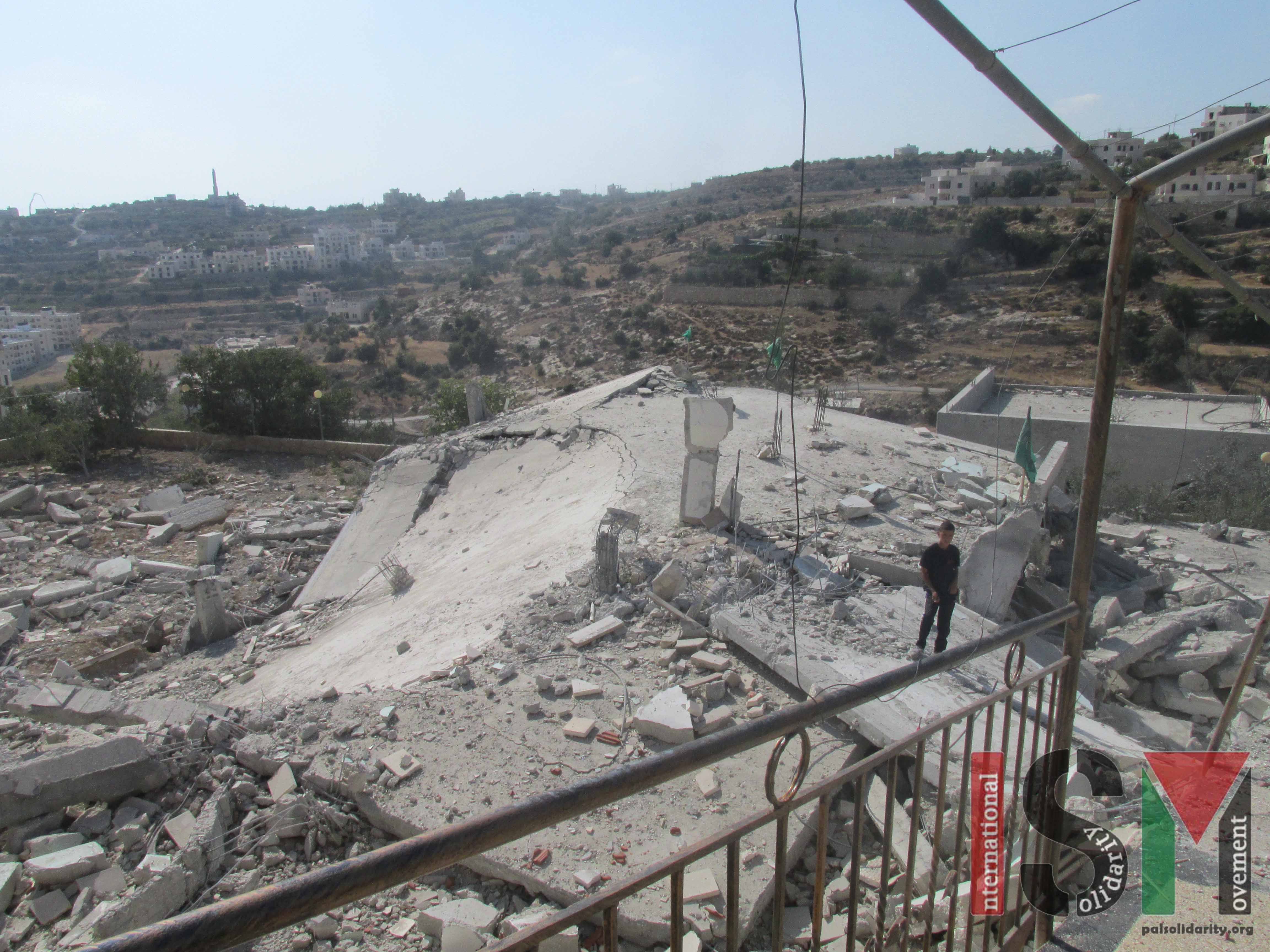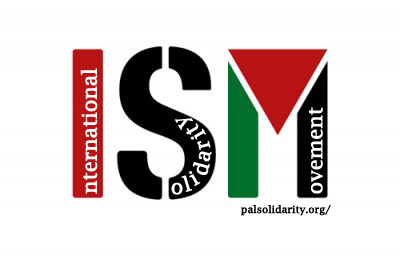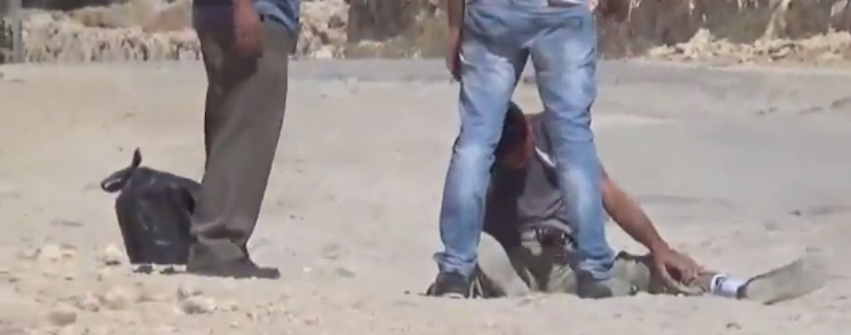Category: Video
-
Three homes destroyed in Hebron
19th August 2014 | International Solidarity Movement, Khalil team | Hebron, Occupied Palestine Yesterday, the Israeli army demolished the homes of three Palestinian families in al-Khalil (Hebron). At around 11pm on August 17th, a large Israeli military presence began to accumulate in the area of Daersat Alser where the homes of Abu Eisha and Marwan…
-
Action alert: Join ISM
16th August 2014 | International Solidarity Movement | Occupied Palestine The International Solidarity Movement (ISM) is placing a call out for volunteers to join us in the West Bank now, and for the olive harvest beginning in October. We need solidarity activists to support the Palestinian popular struggle by joining protests and demonstrations, to document and report on the crimes…
-
Israeli police beat a Palestinian and confiscated his tractor
13th August 2014 | Operation Dove | at-Tuwani, Occupied Palestine On August 12th, at approximately 9.45 a.m., near the South Hebron hills area village of at-Tuwani, Israeli Police beat a Palestinian and confiscated his tractor. The 20-year-old man was driving his tractor, carrying a water tank, from the village of at-Tuwani to Yatta City when the Israeli police…



